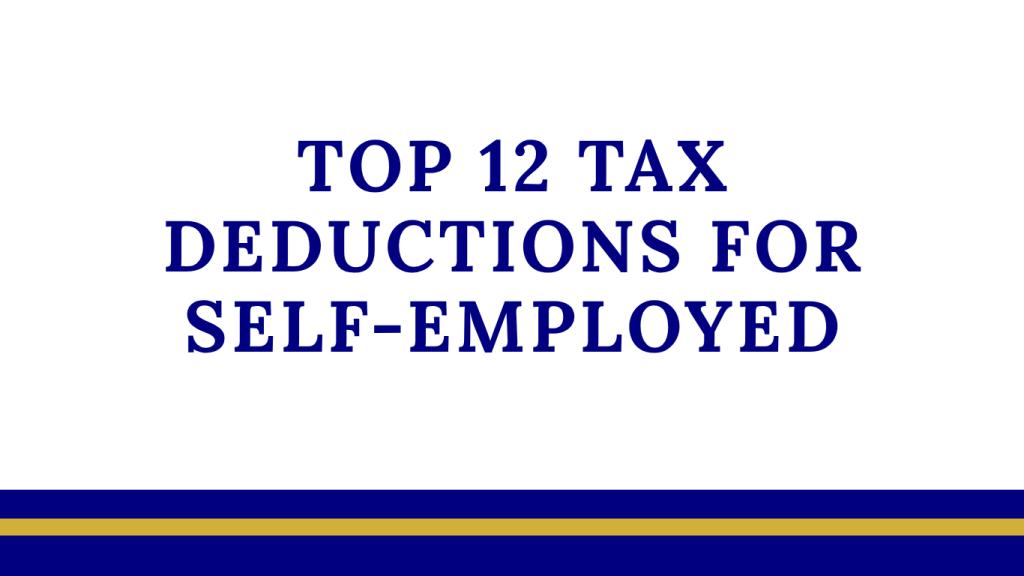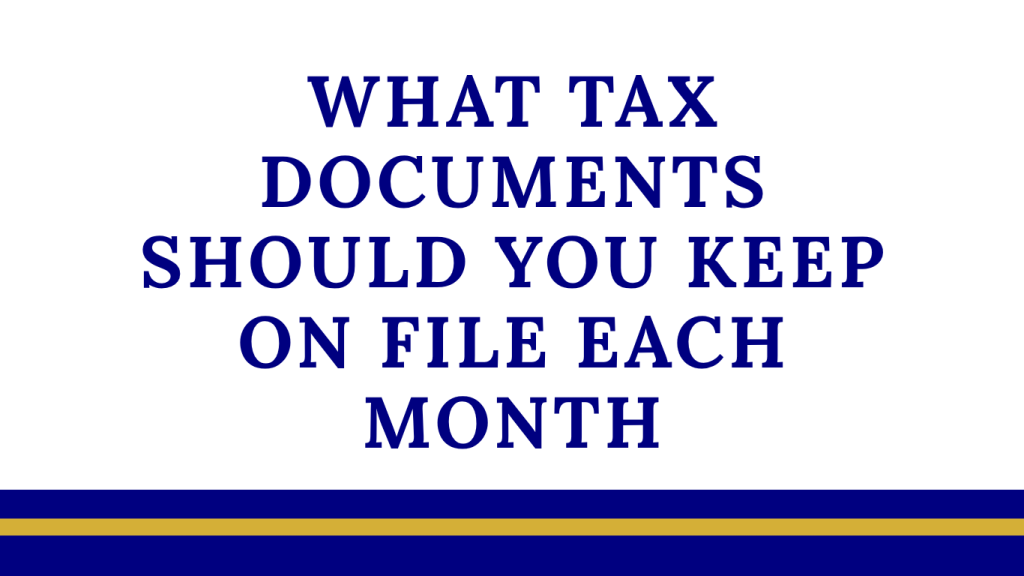If you’ve ever asked yourself, “Do I still need to keep this?” when looking at old receipts or tax forms, you’re not alone. While it’s tempting to declutter financial paperwork, tossing out the wrong document too soon can cost you—especially during an IRS audit or insurance claim.
The good news? You don’t need to keep everything forever. But some records should be saved for at least three years, and others for six years or longer depending on the situation. Here’s what you need to know.
The 3-Year Rule (And Why It’s Not Always Enough)
Federal law requires you to keep copies of your tax returns and supporting documentation for at least three years. This window is based on the time the IRS typically has to audit your return or when you can file an amended return.
However, there are exceptions:
- If the IRS suspects you underreported income by 25% or more, they can go back six years.
- In cases of suspected fraud, there’s no time limit at all.
That’s why holding on to important documents a bit longer is often the safer route.
Best Practices for Storage and Security
Even if your documents are on paper, they can be scanned and stored electronically. Once digital, consider backing them up to:
- An external hard drive
- A labeled CD or USB drive
- A secure cloud storage service
Keep backup copies in a separate location from your originals. This is especially important in case of natural disasters or accidental damage. Cloud-based backups can protect your data even if your home or office is affected.
Protect Your Identity
When it’s finally time to dispose of old documents, don’t just toss them in the trash. Shred any paperwork that contains personal or financial information—especially tax forms, statements, and anything with your Social Security number—to protect yourself from identity theft.
General Guidelines for Keeping Records
Here are some basic timelines to help you stay organized:
Keep for 1 Year:
- Bank statements
- Paycheck stubs (until you verify with your W-2)
- Canceled checks
- Monthly investment and retirement account statements
Keep for 3 Years:
- Credit card statements
- Medical bills (if not tax-related)
- Utility records
- Expired insurance policies
- Supporting documents for tax returns
Keep for 6 Years:
- Employment tax records
- Payroll summaries
- Invoices, receipts, and sales records for business
- Medical bills (if tax-related)
- Property improvement records
- Other tax-related documentation
Keep Forever:
- Tax returns
- Retirement and pension records
- Property deeds and legal agreements
- Business incorporation documents
- Year-end financial statements
- Investment trade confirmations
- Legal correspondence and audit reports
Why It Matters
Organizing your documents isn’t just about staying compliant—it’s about protecting your business and financial future. Having records ready when you need them can make audits smoother, insurance claims easier, and loan applications less stressful. And if you’re ever unsure whether to keep something or toss it? Remember the golden rule: When in doubt, don’t throw it out.



